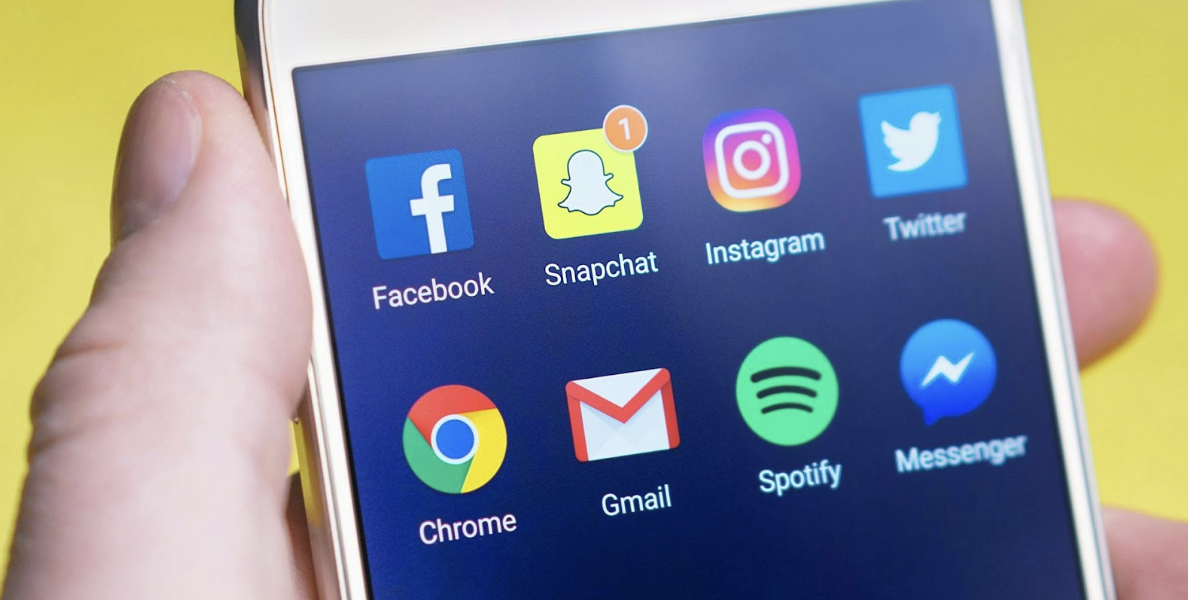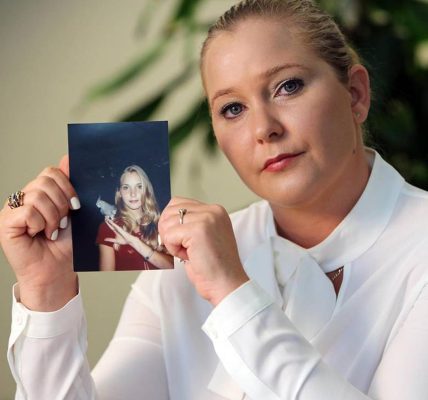
In today’s digital age, if you’re active on social media, there’s a significant probability that you’ve encountered a celebrity, even if just briefly. As more prominent figures embrace platforms like TikTok and Instagram to engage with their fans, the distinctions between celebrities and their everyday audience are increasingly becoming indistinct. This trend is especially notable as these famous personalities become more visible and relatable through their online interactions.
However, there are occasions when these celebrity encounters seem too good to be true, raising red flags about their authenticity.
With the rise of deepfakes on social media, the emergence of fraudulent charities seeking donations, and celebrity impersonators sending unsolicited messages to fans, it has become more crucial than ever to recognize the signs of a scam. This is precisely where tools such as Social Catfish prove invaluable in identifying potential threats.
Understanding the Dangers of Fake Celebrity Encounters
The emotional bond that forms when you connect with a celebrity you admire is profound and cannot be overstated. For countless individuals, celebrities serve as sources of inspiration and aspiration, particularly those renowned for their talents in acting or music.
Regrettably, celebrity scams are increasingly prevalent, and the individuals who impersonate these stars are adept at manipulating emotions. With deception rampant and emotional exploitation being a common strategy, scammers leverage people’s desires for genuine interaction to execute their fraudulent schemes.
You may find yourself pondering: what are the warning signs to look for, and how can you differentiate between authentic and fake personalities, particularly in this era of deepfakes?
Essential Tips for Identifying Fake Celebrities Online
Despite the increasing prevalence of deepfakes, which are now more easily generated due to advancements in artificial intelligence, there are several effective methods you can employ to verify the authenticity of a public figure online.
The first approach is to scrutinize their follower count. Scammers typically lack access to the substantial number of followers that genuine celebrities possess. When assessing a profile, take note of how many followers they have. If the number is relatively low, it is likely that you’re dealing with a scammer.
Next, it’s imperative to check for a verification badge next to their name, which is a hallmark of authenticity granted by social media platforms to confirm the identity of celebrities.
Additionally, consider any atypical behavior from the supposed celebrity. Genuine celebrities rarely send direct messages to fans. If they solicit money or express romantic interest, it is a strong indication that they are not who they claim to be. This is particularly relevant for charities that a fake celebrity might create to manipulate emotions and exploit financial resources.
Lastly, pay attention to their communication style. Does their way of speaking align with the typical mannerisms of the celebrity? If it deviates significantly, it could very well be a scammer attempting to extract personal information from you.
Helpful Tools for Verifying Celebrity Identities
There are several effective tools available that can assist you in confirming the identity of the individual you are communicating with. For instance, conducting reverse image searches can help trace the original source of an image, while public record checks can provide insights into where the celebrity might reside.
Additionally, social media audit tools, like Social Catfish, can prove invaluable in verifying the authenticity of the person you are engaging with online.
Steps to Take If You Are Contacted by a “Celebrity”
Unless a celebrity has a legitimate reason, it’s highly unlikely that you will receive a personal message from one. As a rule of thumb, you should never disclose personal information to someone you meet online, particularly if the situation appears too good to be true. Additionally, you should never send money to someone you do not know, especially if they are claiming to be a celebrity.
If your interaction with a supposed celebrity raises suspicions, report the account on social media platforms to protect others from potential scams and fraudulent activities.
As social media increasingly merges the boundaries between celebrities and their fans, it is crucial to remain vigilant while interacting with individuals online. Recognizing fake celebrities is less about their fame and more about ensuring your digital safety and security.
The information presented in this article is general in nature and should not be considered medical advice or a substitute for professional guidance. The author makes no claims and assumes no responsibilities regarding the accuracy of the information contained herein. You are encouraged to verify any information obtained from or through this article with other reliable sources and consult your physician about any medical condition or treatment.






